Centuries of selling wine made the Bordelaise masters of marketing. A storied French wine brotherhood initiated an amateur wine tasting competition, the Left Bank Bordeaux Cup, in 2002 to connect the young educated French elite to their own wines. It expanded to include Cambridge and Oxford in 2004, and again in 2011, when the first American and Asian teams were invited.
Recently, eight teams of oenophiles from top American graduate schools met at the French Consulate in New York to compete in the challenge. The Columbia and Yale law schools and the business schools of Harvard, Northwestern, Stanford, Chicago, Columbia, and the University of Pennsylvania each fielded teams of four students, and they faced a panel of medieval-robed judges led by Le Grand Maitre Emmanuel Cruse of the Commanderie du Bontemps de Medoc, Graves Sauternes et Barsac (Cruse is also the owner of Bordeaux’s Chateau d’Issan).
They employed their high-octane brain power to answer such questions as, “How many fourth growths are there in total in the 1855 classification?” and applied their novice palates and noses to a series of tasting tasks, such as indentifying the order- from youngest to oldest- of the Bordeaux wines in their three glasses.
The University of Chicago and University of Pennsylvania teams scored the highest, and they will travel to Chateau Lafite-Rothschild to compete against six teams from Europe, Asia and France.
Three New Jerseyans competed: Melissa Matarese of Franklin Lakes and Meghan Desai of Lake Hiawatha, both from Harvard, and Yei-Sung Kim, a Princeton Junction native, from Northwestern.
Matarese’s interest in wine began at home- her mother is a member of a New Jersey chapter of the prestigious French culinary society, La Confrerie de la Chaine des Rotisseurs, and her father built a temperature-controlled wine cellar in their basement. Later, Matarese attended weekly wine society tastings at Cambridge University.
“My parent’s wine collection was helpful, as I’ve drank Bordeaux; but I never paid attention to what was in my glass, she says. “Now, I try to memorize the wines I have with them.”
Desai attended a wine appreciation class during his senior year at Cornell University. After college, he worked in Oregon, where he developed an appreciation for that state’s pinot noir. That wasn’t enough to prepare him for the Bordeaux wine competition: “Wine is more challenging to learn than studying at Harvard,” he says. “The academic world is something I’ve been doing my whole life. Learning from your ability to smell and taste is entirely different.”
The Bordeaux wine merchants and producers are very aware that younger Americans are drinking American, Australian and other New World wines instead of Bordeaux. They hope the Bordeaux Cup will change the wine habits of the students at the elite American universities, who may become influential in their communities and corporate world.
“After preparing for this competition, I love Bordeaux,” says Kim, the New Jerseyan who competed for Northwestern. “Before, I preferred wine from Spain and Argentina, but after tasting and learning about Bordeaux, it is too hard now to drink those over-the-top wines”.
From her lips to the Bordelaises’ ears.
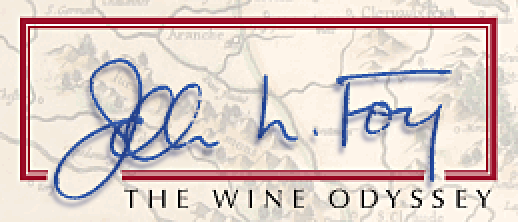
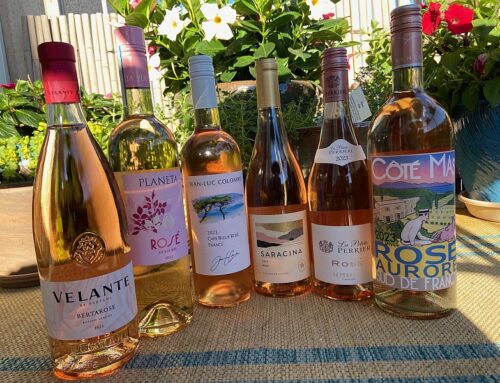
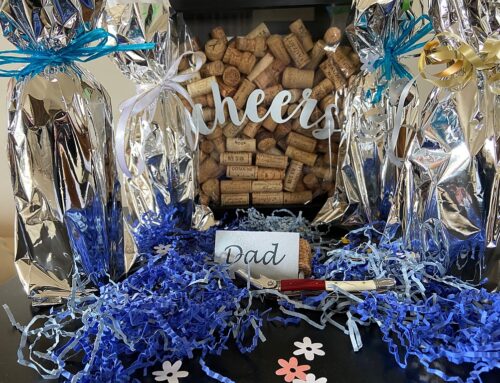
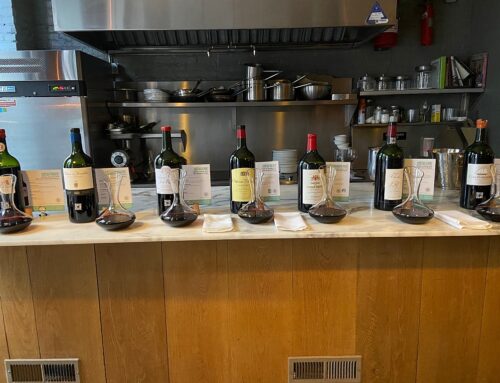
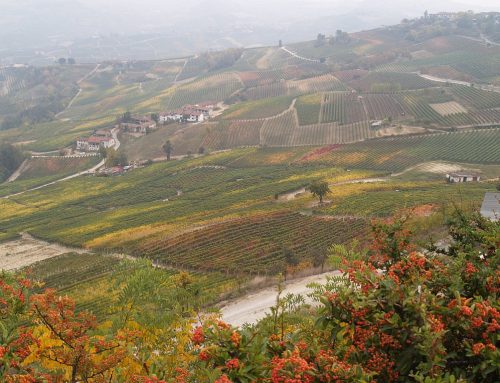
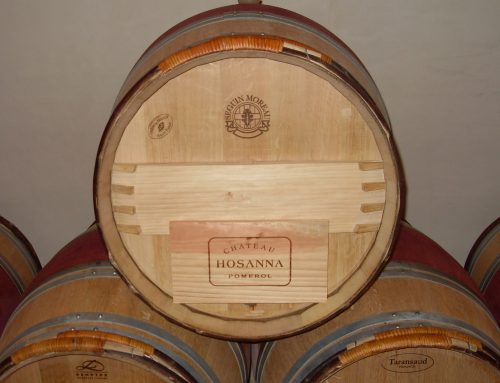
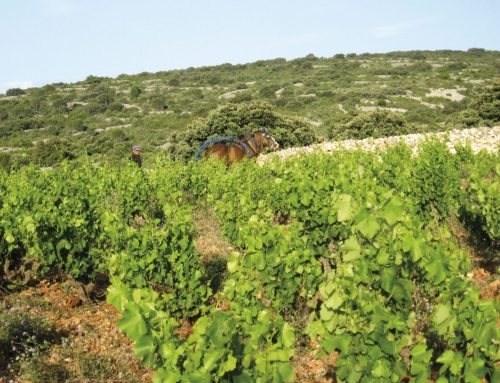
Leave A Comment